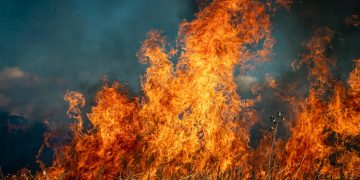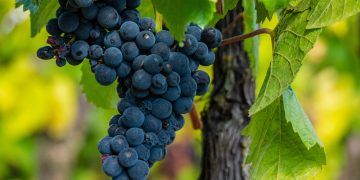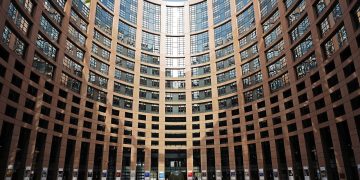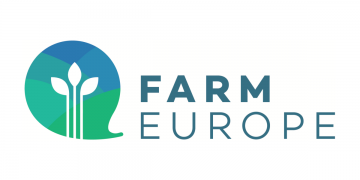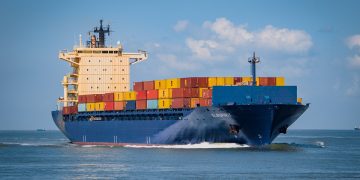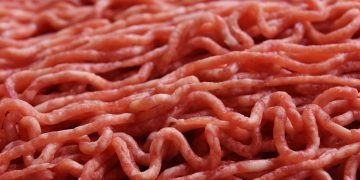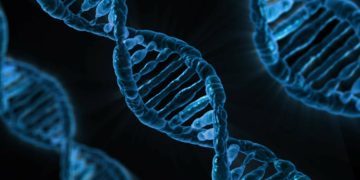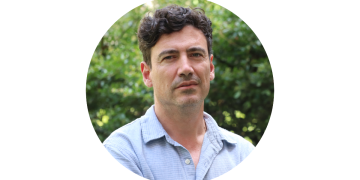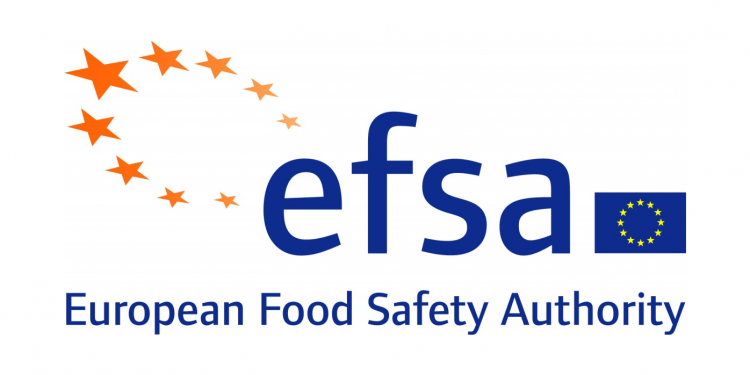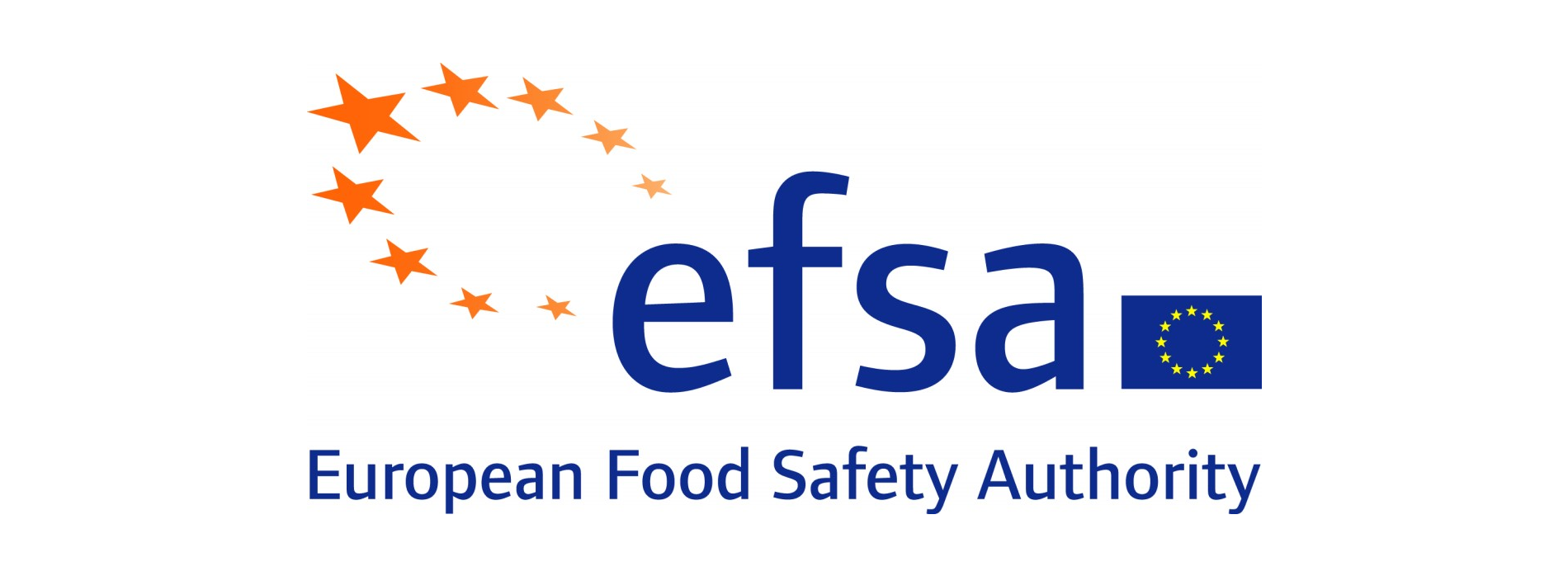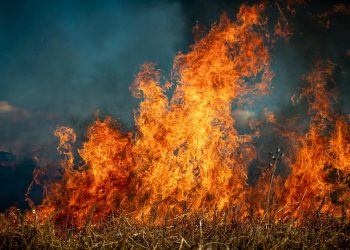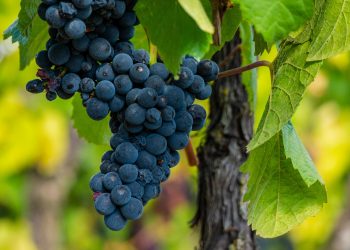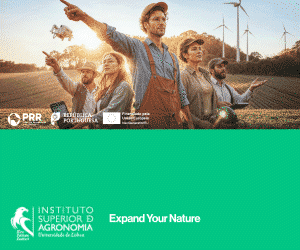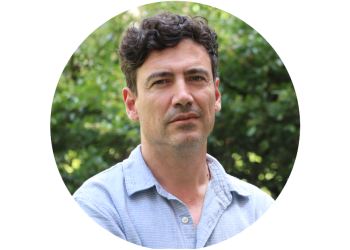Dairy cows, ducks, geese and quail need more space and improved housing according to animal welfare recommendations published today in two new scientific opinions by the European Food Safety Authority (EFSA). The opinions form part of a series on farmed animal species that support the ongoing revision of the European Union’s animal welfare rules.
Dairy cows
Sufficient space to move and rest is an important factor in the welfare of dairy cows. Scientific evidence shows that cows permanently tied in stalls have impaired welfare, and this practice should be avoided according to EFSA. Each cow should have access to a total indoor space – including an area for lying down – of at least 9m2.
Other recommendations include: giving dairy cows access to pasture with drained and shaded areas; regularly monitoring for lameness, mastitis and metabolic disorders; and using brushes in all loose housing systems (i.e. systems where cows are not tied) to allow cows to perform natural behaviours such as scratching and grooming their body. If housed in cubicles, cows should have individual space and sufficiently thick bedding material.
Ducks, geese, and quail
EFSA’s scientists also considered welfare hazards for ducks, geese and quail. They assessed husbandry systems for breeders, as well as those used for birds in meat, foie gras and egg production. EFSA identified several hazards that impact negatively on the birds’ welfare and provides measures to prevent them.
EFSA recommends avoiding the use of the husbandry systems, commonly referred to as cages, for ducks, geese and quail. In addition, the husbandry systems used during the overfeeding period for foie gras production in ducks and geese should be avoided, since they have significant implications for the birds’ welfare. The practice of overfeeding in foie gras production was outside the remit of this assessment and was not considered.
EFSA recommends that birds be provided with more space and enriched enclosures of sufficient height to allow a person to enter them to inspect the animals. Other recommendations include the need for: waterfowl to have open water to bathe or to dip their heads in; Japanese quail to be provided with areas and fine material for dust bathing; solid floors with litter and rough materials to allow birds to explore and forage; and nesting facilities for egg laying birds.
Science-based advice to support legislators
The scientific opinion on dairy cows and the scientific opinion on ducks, geese, and quail provide advice to support decision-making by legislators as part of the ongoing revision of the European Union’s animal welfare legislation. A legislative proposal by the European Commission is expected in the second half of 2023.
The European Commission requested several scientific opinions from EFSA on the welfare of farmed animals in the framework of its Farm to Fork (F2F) strategy. EFSA has already published assessments on the welfare of farmed pigs, broilers and laying hens, calves and animals during transportation.
Save the date
EFSA will present the findings on calves, dairy cows, ducks, geese and quail at a public event on 23 May 2023. More information can be found here.
O artigo foi publicado originalmente em EFSA.

